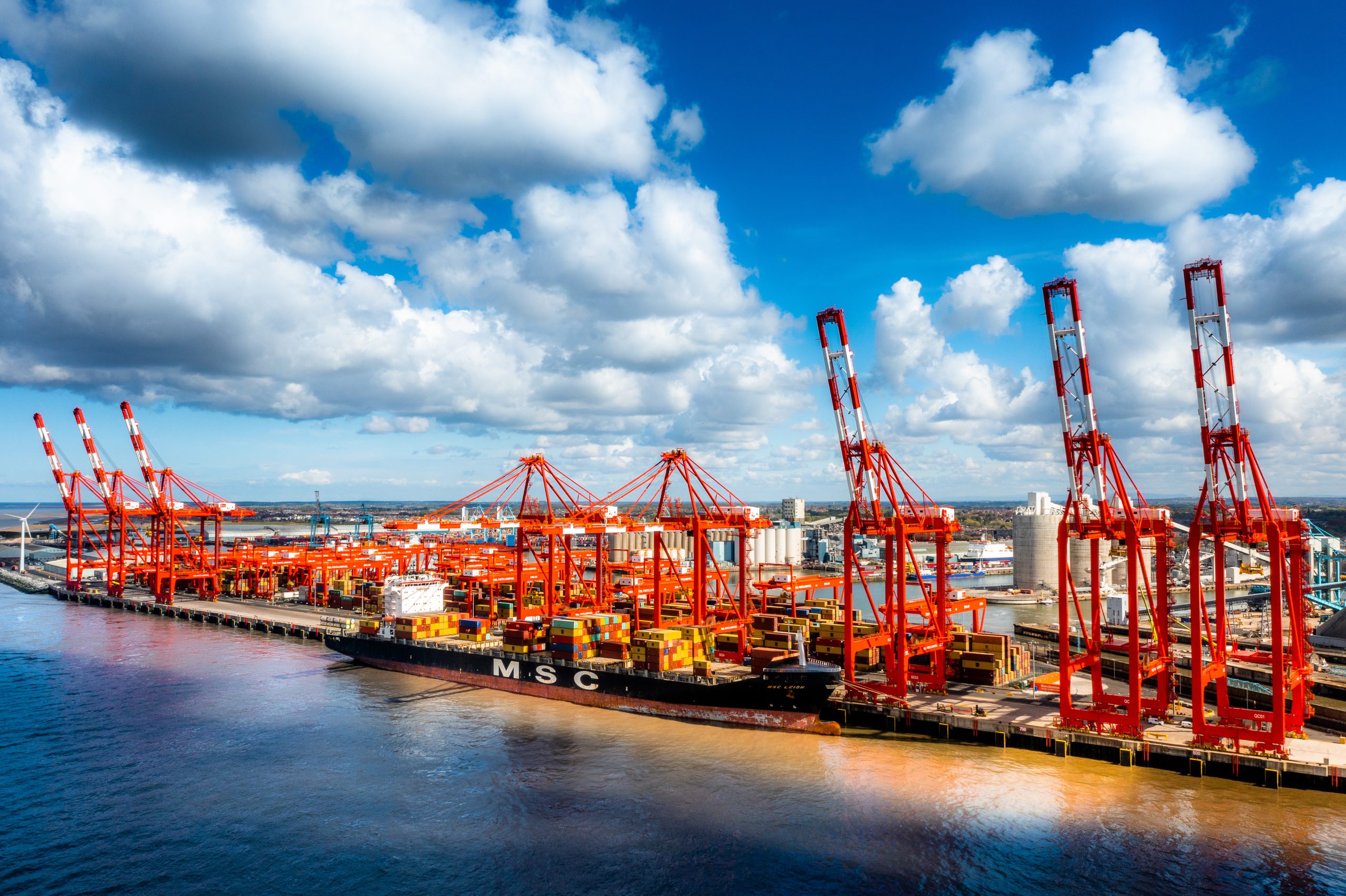Published May 2023
Parkside has received a major boost with news that the Government has confirmed that the Liverpool City Region (LCR) Combined Authority’s bid to host a freeport has been successful. Parkside is the largest designated site within the LCR Freeport, being one of three nominated ‘tax sites’ for the initiative.
A freeport is a place where normal tax and customs rules are waivered in favour of a simplified approach. They also provide occupiers with a range of regulatory and tax benefits to encourage investment and job creation.
“This is a big boost to Parkside’s appeal to occupiers, particularly those involved in manufacturing,” explained Lisa Harris, Executive Director of Place from St Helens Borough Council.
“Parkside offers the largest single development site for potential freeport occupiers and we are working closely with a range of partners in Government, regionally and nationally, to ensure that high-quality companies understand what we can offer them.”
As a tax zone, occupiers will benefit from a range of special regulatory and tax benefits. These include enhanced capital allowances, stamp duty and other buildings and land reliefs, employer national insurance contributions relief, business rate relief, and local retention of business rates for St Helens Borough Council. It is an ambition of Parkside’s second phase to encourage and support businesses that import, process, manufacture, and re-export goods.
“These savings can be substantial, particularly for occupiers investing in expensive fitouts, and we have developed a simple way of illustrating the savings to help our conversations with potential occupiers,” said Malcolm Jackson, Chief Operating Officer at developer Langtree.
Tax site occupants could also apply via HMRC to become a Customs Site Operator (CSO). Securing this ‘trusted trader’ status allows businesses operating within Parkside to take advantage of a suite of customs incentives. Deferment of tariffs until their products are moved elsewhere and tarrif exemption altogether if imported goods are manufactured on site before exporting them again to an international market. If raw materials or products are significantly transformed before release into the domestic market, duties would only be paid on the lower tariff, known as duty inversion.








